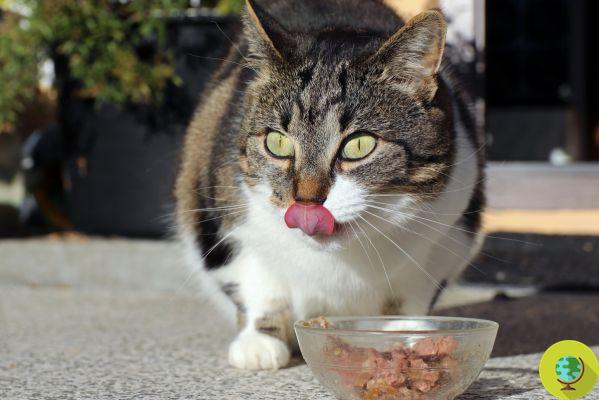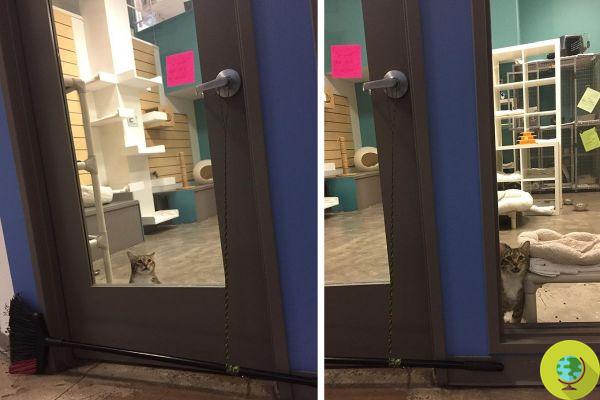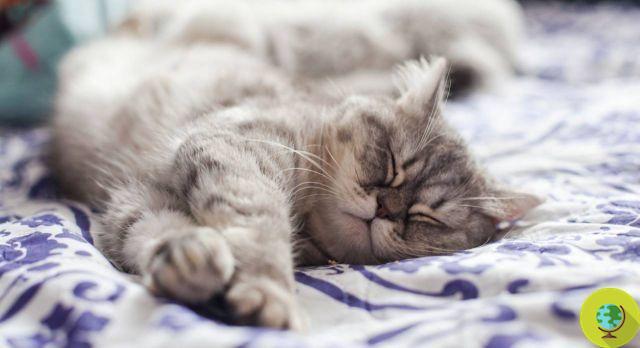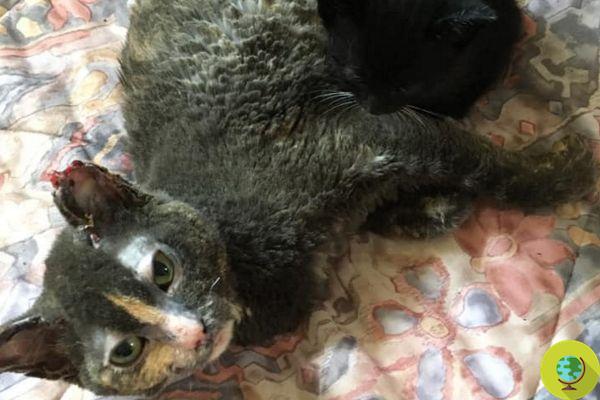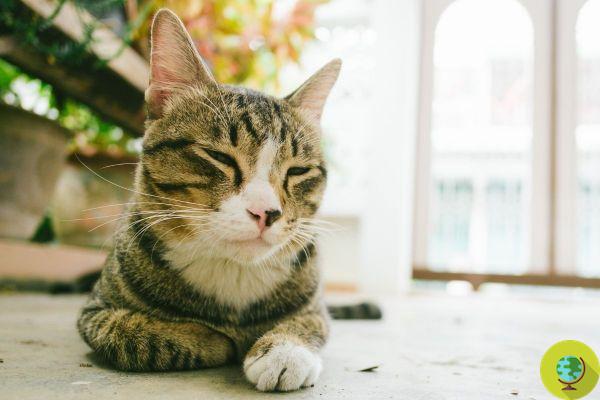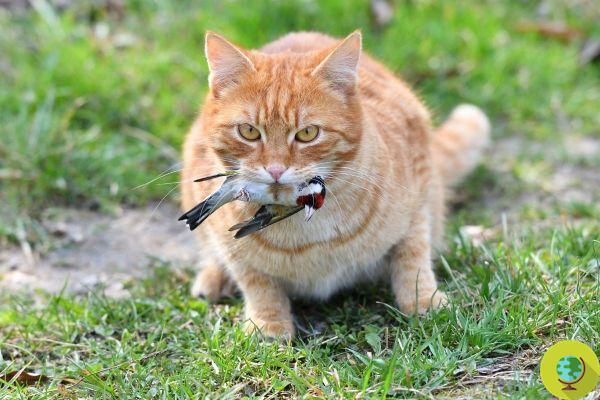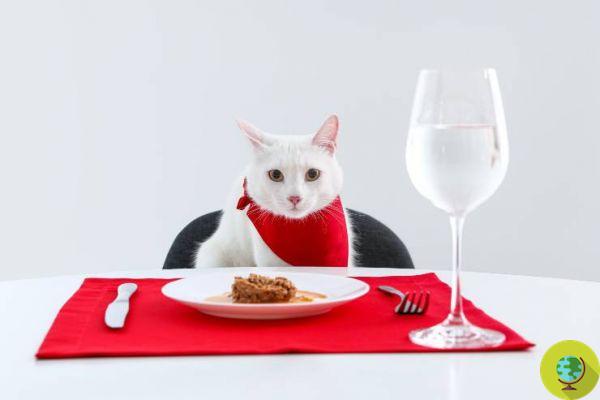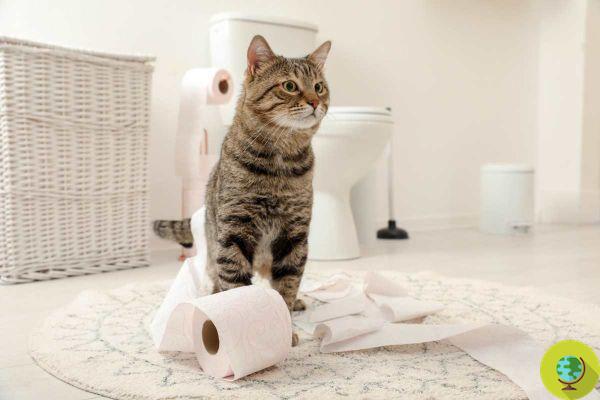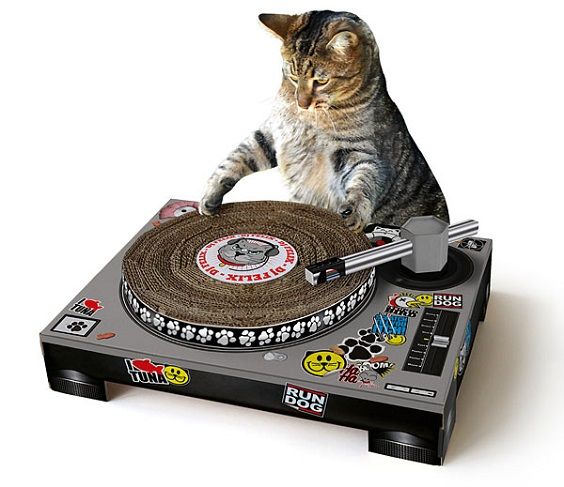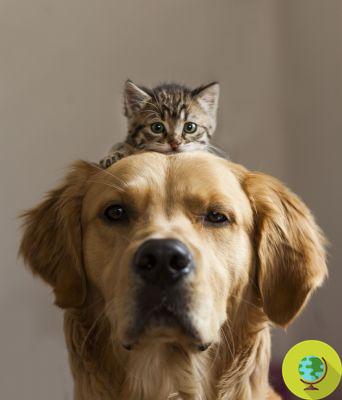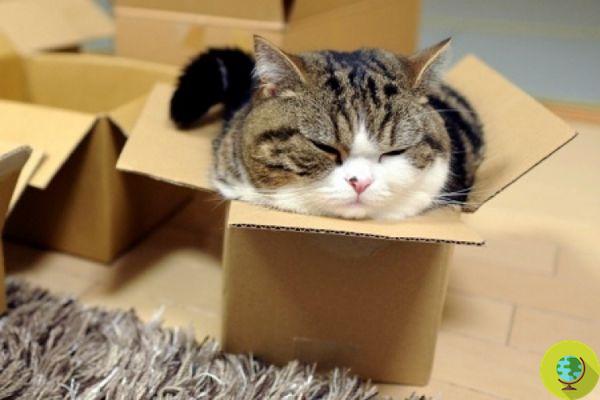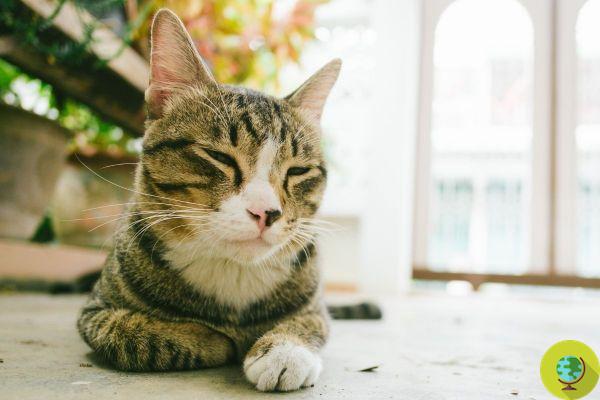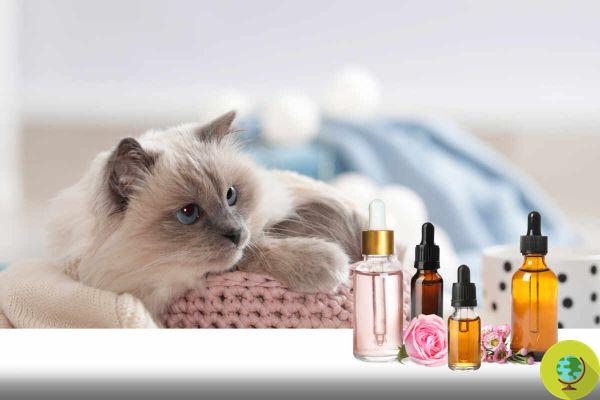
The use of essential oils has grown exponentially in recent years, but for those with pets, there are some important things to know
Aromatherapy has seen an unprecedented spread in recent times. This holistic practice, which has very ancient roots, uses the aromas of essential oils to relax the mind and body and restore the physical and spiritual well-being of the person.
There is something for all tastes and fragrances, but for those who have pets at home, one wonders if they derive the same benefits from the use of essential oils that are so appreciated for human health. The answer is yes, but with due care because while aromatherapy is able to improve our life as well as that of our cat, not all essences are appreciated by him and that is why it is important to know which ones oils you can use for your feline and which ones you should avoid altogether.
Index
What are essential oils and how they are used
Essential oils are, as the name suggests, of the natural essences of different composition, with unique aromas and benefits. These precious oils are mainly obtained from fresh plants and the extraction methods are so many.
Each essential oil has some peculiar characteristics which, as with medicinal herbs, are appreciated and used to combat ailments such as anxiety, stress, insomnia, as well as hair and body care.
There is no better way than the other to benefit from the various properties of these essences, although many prefer to use them in aromatherapy with the diffuser or as massage oils. In any case before using them it is very important to dilute the essential oils with carrier oils such as coconut oil, sweet almond oil, evo and the like.
Essential oils and cat
If essential oils are beneficial to humans, the same goes for cats, but not for all essences.
The risk to cats is high as many of the oils on the market are poisonous to felines and if inhaled or licked they cause serious health problems in cats. In fact, these animals have a very developed sense of smell and being in the same environment in which there is a diffuser that gives off oils that are toxic to them is dangerous. For perfumes, in fact, it is not possible to notice when and how much the smell has become too strong for the cat. Sometimes a few drops are enough to create respiratory complications, as well as a state of agitation in the animal.
We therefore recommend extreme caution and utmost caution in the use of essential oils if you have a cat at home because using them is possible, but not before consulting your veterinarian or a naturopath. This is the first step to take to put the animal in total safety.
What essential oils should be avoided when having a cat (or more)
These are the essential oils that you should pay close attention to and limit their use in shared environments, but above all do not leave them unattended, as they are toxic to the cat:
- cinnamon
- lemon
- cloves
- eucalyptus
- peppermint
- fir
- birch
- tea tree oil
- thyme
- olio wintergreen
- ylang ylang
Which essential oils to prefer
Once you have heard the opinion of the veterinarian, you can choose these essential oils to perfume your home, relax and be sure that your pets do too:
- chamomile
- geranium
- lavender essence
- valerian
- citronella
- rosemary
- pink
How to tell if the cat has ingested essential oils
What if your cat inadvertently ingested dangerous essential oils or inhaled too much? Clearly, however, there are signs that make you understand almost immediately if the cause of the cat's discomfort is precisely the essential oils. These are:
- smell of essences on the cat's fur
- redness on the face and inside the mouth
- sore and watery eyes
- breathing difficulties
- motor difficulties
- unusual tremors
- low body temperature
- drool
- vomiting or retching.
If you notice any of these symptoms and use essential oils, seek medical attention right away.
What to do in case
Running to the vet is always the best solution to ward off any harm and treat your furry friend in time. If the contact were to take place at night, know that there are many clinics in the area open 24 hours a day for emergencies.
The vet will immediately perform tests, such as blood tests, and help the animal with oxygen or a drip. If you suspect it was a particular oil, take it with you and show it to the vet as it is a tremendous help in formulating the right therapy.
A bit like for children, it would be better to keep the bottles of essences as far away as possible from cats and in well-closed places, as felines are excellent explorers. Ventilate the rooms where you placed the diffuser and clean the surfaces well to avoid traces of oils within reach.
However, it is up to you to decide whether or not to use essential oils if you have a cat at home, knowing which ones to avoid and which ones to prefer so that your cat can benefit from the positive, relaxing and totally natural effects that essential oils have.
Fonte: Cabbagetown Pet Clinic
Follow your Telegram | Instagram | Facebook | TikTok | Youtube
We also recommend:
- Myrrh essential oil heals and heals wounds better than drugs, confirmed in an Ethiopian study
- Catnip: properties, uses, contraindications and how to grow it
- Aromatherapy: 10 plants and flowers to grow in the vegetable garden or in the garden




